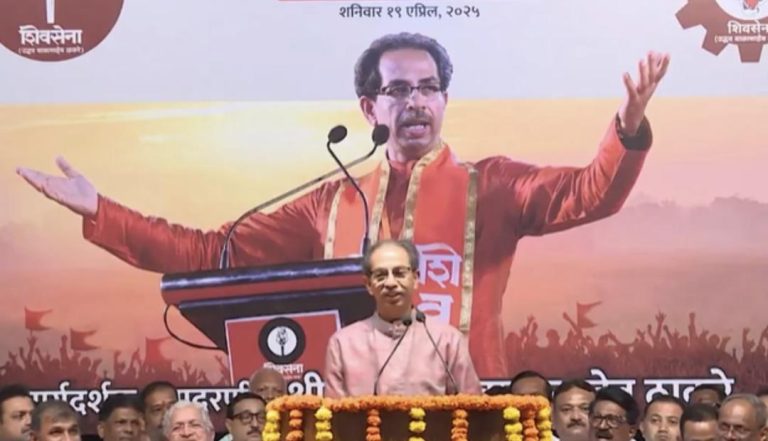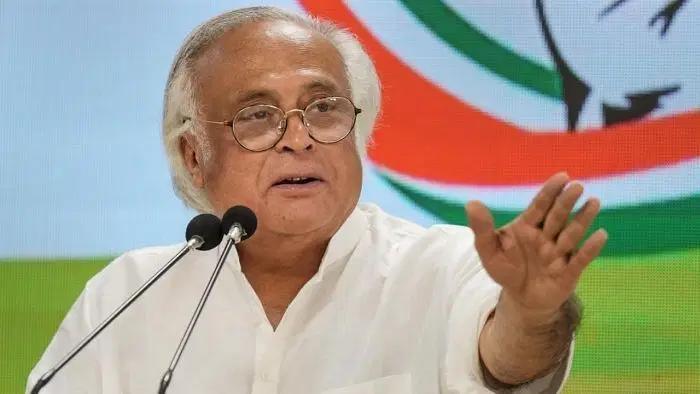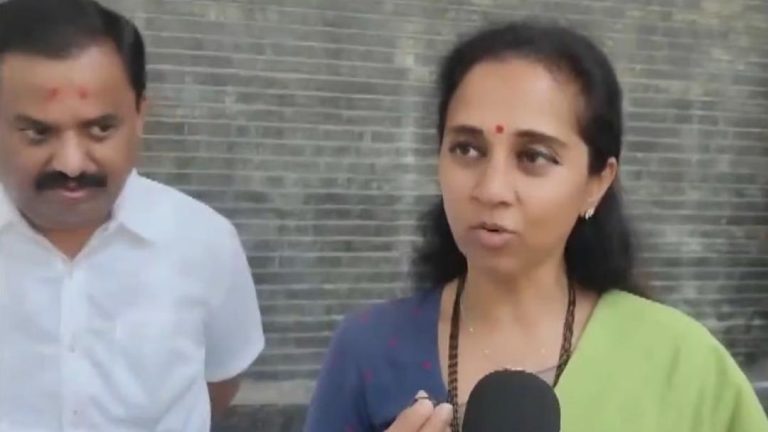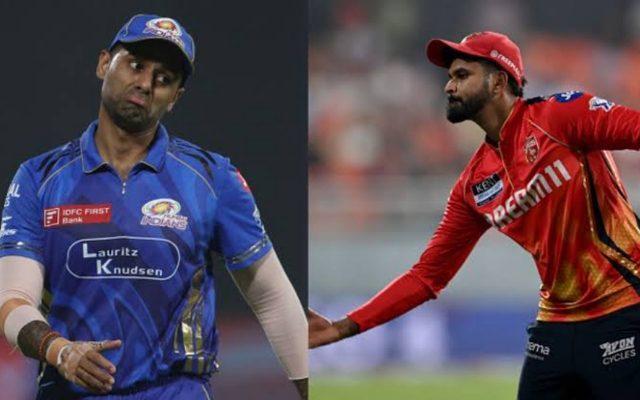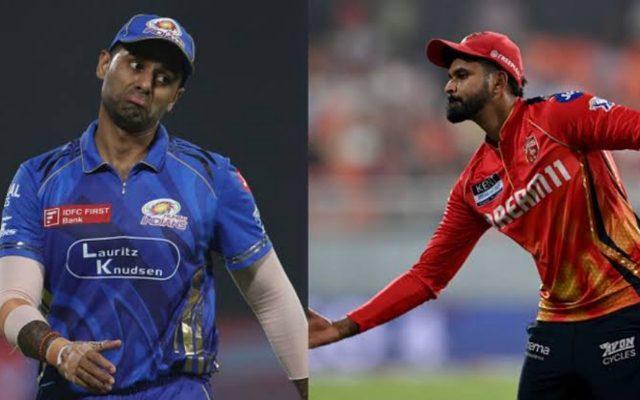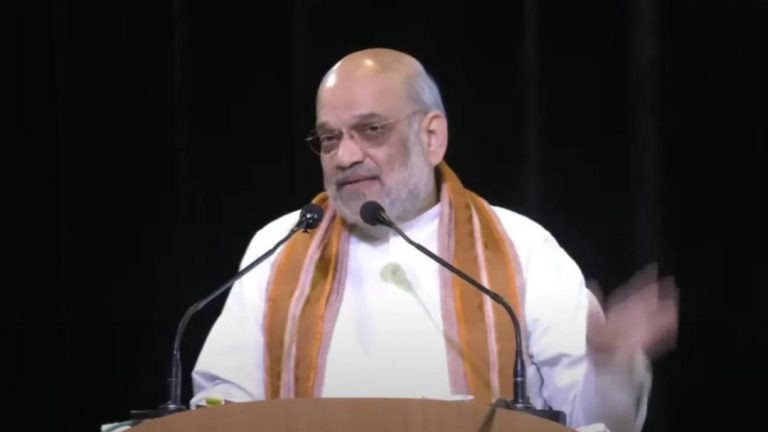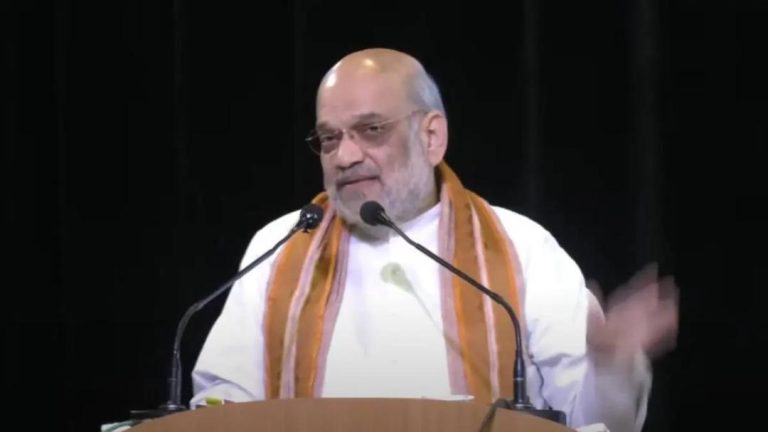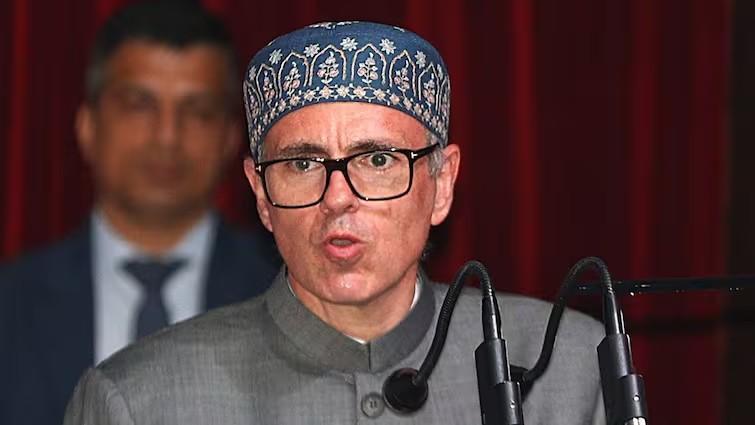
Normalcy in J&K post Art 370 abrogation is forced, not organic: CM
The abrogation of Article 370 in August 2019 led to a significant shift in the political landscape of Jammu and Kashmir. The move, taken by the Central government, aimed to integrate the erstwhile state with the rest of India and bring about normalcy to the region. However, the claim that normalcy has been restored in the region is being disputed by none other than the former Chief Minister of Jammu and Kashmir, Omar Abdullah.
Recently, Omar Abdullah expressed his doubts over the claim of normalcy in the region, stating that it is “forced” and not “organic”. He made these comments while addressing a gathering in the region, stressing that the people of Jammu and Kashmir do not believe that the normalcy is genuine.
Omar Abdullah’s comments come as a significant challenge to the claims made by the Central government, which has been touting the restoration of normalcy in the region as a major achievement. The government has been highlighting the return of internet services, the lifting of curfew, and the resumption of business activities as indicators of normalcy.
However, Omar Abdullah’s remarks suggest that these developments are not necessarily a reflection of the true sentiments of the people in the region. He argued that the normalcy that has been restored is “forced”, implying that it is being imposed from above and not driven by genuine public sentiment.
The former Chief Minister’s comments are significant because they highlight the complexities of the situation in Jammu and Kashmir. While the Central government may have taken steps to restore normalcy, the underlying tensions and fears that were triggered by the abrogation of Article 370 continue to simmer.
Omar Abdullah’s views are not unique to him alone. Many other political leaders and civil society activists have expressed similar concerns about the situation in the region. They argue that the normalcy being touted by the government is superficial and does not address the deeper issues that were triggered by the abrogation of Article 370.
One of the main concerns is the fear of persecution that many Kashmiris feel. The abrogation of Article 370 led to the stripping of the region’s special status, which many saw as a threat to their identity and way of life. This fear has led to a sense of insecurity and mistrust among the people, which is not being addressed by the government’s actions.
Another concern is the erosion of democratic institutions in the region. The abrogation of Article 370 was followed by the imposition of Governor’s rule in Jammu and Kashmir, which many saw as a blow to the region’s democratic institutions. The lack of democratic governance has led to a sense of powerlessness among the people, which is not being addressed by the government’s actions.
The forced normalcy that Omar Abdullah is talking about is also reflected in the way the government is handling the situation on the ground. The region is still under a strict security blanket, with thousands of security personnel deployed to maintain law and order. This has led to a sense of fear and intimidation among the people, which is not conducive to genuine normalcy.
In conclusion, while the Central government may be touting the restoration of normalcy in Jammu and Kashmir, the reality on the ground suggests otherwise. The forced normalcy that Omar Abdullah is talking about is a reflection of the underlying tensions and fears that continue to simmer in the region. Until these issues are addressed, the claim of normalcy will remain superficial and not genuine.
